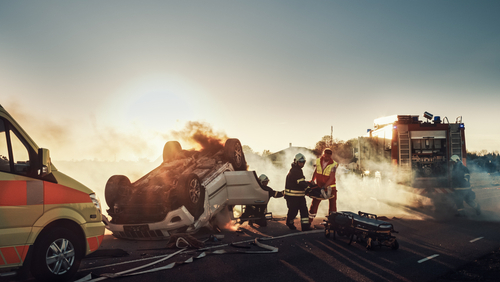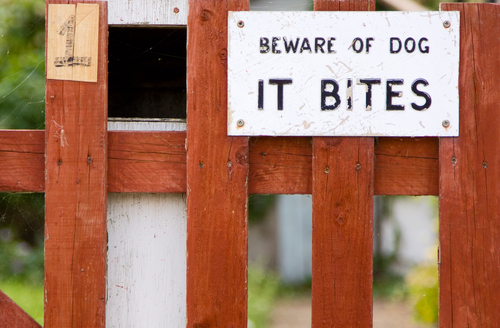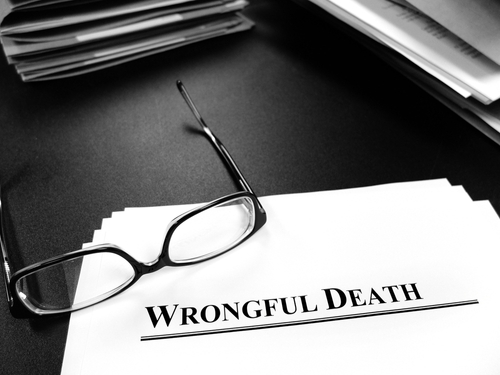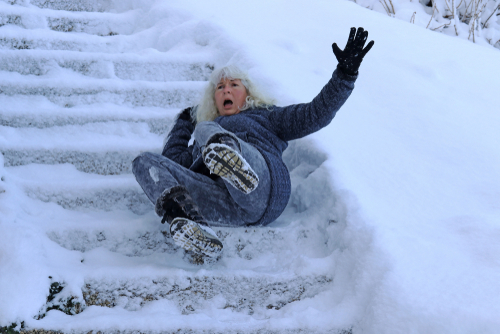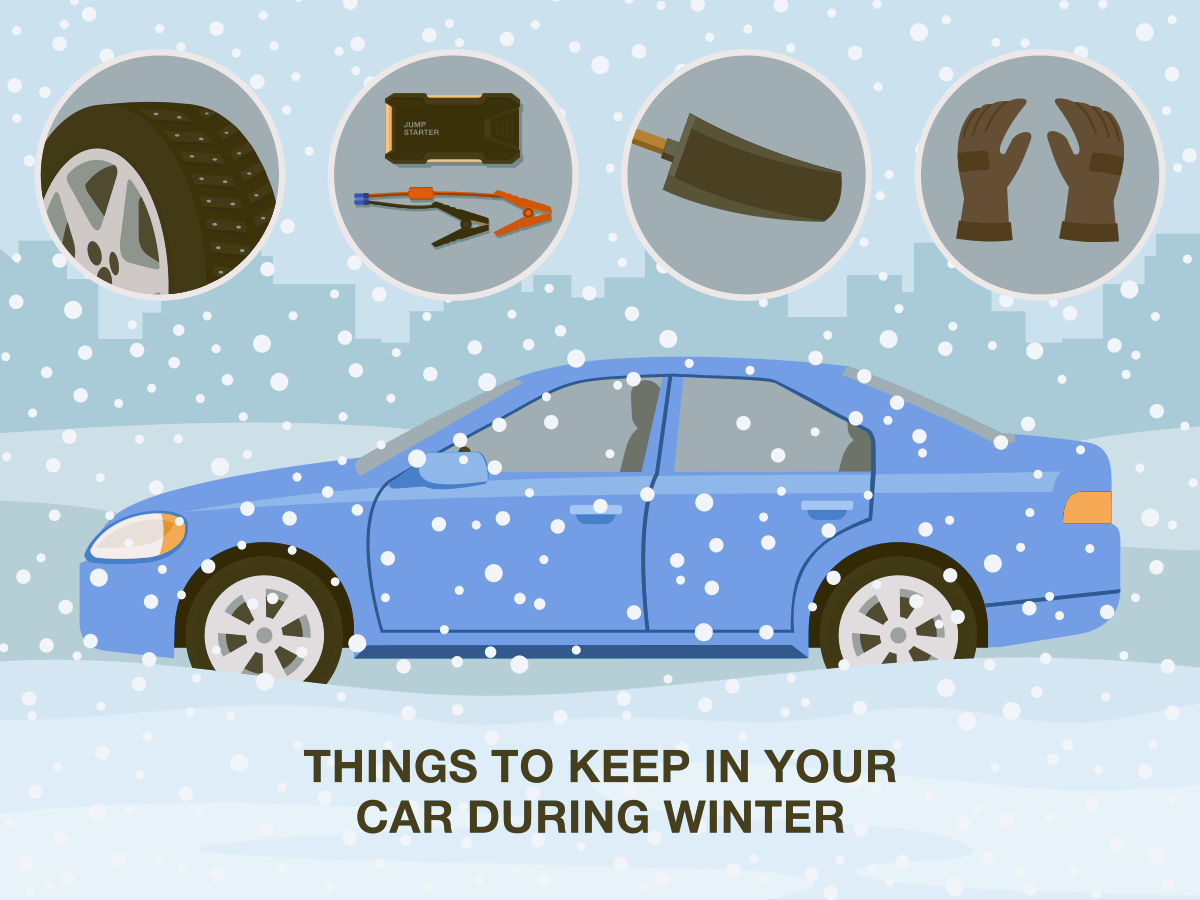The advent of rideshare services like Uber and Lyft has significantly transformed the urban transportation landscape in Illinois, introducing a new paradigm of convenience and accessibility. This innovative model, allowing passengers to summon a ride with a few taps on a smartphone, has not only reshaped the way we perceive transit options but also introduced a complex web of legal considerations. For Illinois car accident lawyers, passengers, drivers, and policymakers alike, grasping the legal framework surrounding rideshare services is imperative to navigate this evolving terrain effectively.
The proliferation of rideshare platforms in Illinois mirrors a global trend towards shared, on-demand transportation solutions. Initially met with skepticism, these platforms have become ingrained in the urban mobility fabric, offering an alternative to traditional taxi services and public transportation. This rapid growth, however, brings to light significant legal implications, ranging from regulatory compliance and insurance complexities to questions of liability and passenger safety. Understanding these legal nuances is crucial for users and drivers, as it directly impacts their rights, responsibilities, and recourse in the event of disputes or accidents with injuries.
For legal professionals in Illinois, the emergence of rideshare services presents a unique set of challenges and opportunities. The dynamic nature of rideshare operations and the intersection of technology and transportation necessitates a thorough understanding of the state’s legal landscape. This includes familiarizing oneself with the specific regulations governing rideshare services, the insurance frameworks designed to protect drivers and passengers, and the evolving jurisprudence regarding liability and compensation in rideshare-related incidents. As rideshare platforms continue to integrate into Illinois’s transportation ecosystem, staying abreast of these legal dimensions is essential for anyone navigating this space.
Background of Rideshare Services
Rideshare services, epitomized by giants like Uber and Lyft, have rapidly ascended to prominence in Illinois’s transportation landscape. Their ascent from Silicon Valley startups to ubiquitous features of urban life represents a significant shift in how individuals commute, offering unprecedented convenience and flexibility. The foundation of these platforms lies in their innovative use of technology to bridge the gap between passengers in need of a ride and drivers willing to offer one, facilitated through user-friendly mobile applications.
This convenience, however, extends beyond mere user experience, impacting the economic and operational dynamics of traditional taxi services and public transportation. With ease of access and competitive pricing, Rideshare platforms have introduced a potent competitive force into the market, compelling traditional taxi services to innovate and adapt. This competition has sparked debates on regulatory fairness, market dynamics, and the future of urban transportation.
The growth of rideshare services in Illinois is a testament to the changing contours of urban mobility, reflecting broader societal shifts towards digitization and shared economies. However, this transformation is not without its legal implications. Integrating technology into transportation raises questions about regulatory frameworks, safety standards, and the rights of all parties involved. For Illinois, adapting to this new model of transportation means revisiting existing laws and regulations, ensuring they adequately address the unique challenges and opportunities presented by rideshare services.
Regulatory Framework – Transportation Network Providers Act
The legal landscape for rideshare services in Illinois is shaped by a combination of state legislation and local ordinances designed to regulate the operation of these platforms and ensure the safety and rights of both passengers and drivers. At the heart of Illinois’s regulatory approach is the Transportation Network Providers Act, a pioneering piece of legislation that establishes a comprehensive framework for rideshare services operating within the state.
This Act delineates specific requirements for rideshare companies, including licensing, insurance, and driver vetting processes, aiming to create a safe and regulated environment for rideshare operations. It marks a significant step in recognizing and formalizing the status of rideshare platforms within Illinois’s transportation ecosystem, balancing the need for innovation with the imperative of public safety and consumer protection.
In addition to state-wide regulations, local jurisdictions, most notably the city of Chicago, have implemented their own ordinances governing rideshare services. These local regulations often address unique urban challenges, including congestion, environmental concerns, and equitable access to transportation services. The interplay between state legislation and local ordinances creates a multi-layered regulatory landscape, requiring rideshare companies and drivers to navigate a complex web of legal requirements.
Understanding this regulatory framework is crucial for legal practitioners and stakeholders in the rideshare industry. It informs the operational parameters for rideshare services and sets the legal backdrop against which disputes and liabilities are assessed. As rideshare platforms continue to evolve, staying informed about these regulatory developments is essential for ensuring compliance, safeguarding consumer rights, and fostering a sustainable future for rideshare services in Illinois.
Insurance and Liability Issues
The intersection of rideshare services and insurance presents a complex array of legal considerations, particularly in the context of accidents and liabilities. Illinois mandates specific insurance requirements for rideshare drivers designed to protect all parties involved in the event of an incident. These requirements delineate a multi-tiered insurance model, distinguishing between periods when a driver is waiting for a ride request, en route to pick up a passenger, and during the trip itself.
This nuanced insurance framework ensures that coverage is dynamically adjusted based on the driver’s status, providing a comprehensive safety net that encompasses personal insurance policies and additional coverage provided by the rideshare company. However, delineating these coverage phases often raises intricate legal questions, especially when determining liability in ride-sharing vehicle accidents.
Liability in rideshare-related accidents can involve multiple parties, including the driver, the rideshare company, and third parties. Determining liability hinges on a range of factors, including the driver’s status at the time of the accident, adherence to safety protocols, and the extent of the rideshare company’s oversight and control. For Illinois car accident lawyers, navigating these liability issues requires a deep understanding of the state’s regulatory framework and the specific insurance arrangements of rideshare platforms.
Establishing liability and pursuing compensation in the event of a rideshare vehicle accident involves a careful examination of these legal and insurance frameworks. It requires a nuanced approach that considers the unique aspects of rideshare operations, the interplay between personal and company-provided insurance, and the evolving jurisprudence surrounding rideshare services. For individuals involved in rideshare-related accidents, seeking knowledgeable legal guidance is essential for navigating these complexities and ensuring their rights and interests are adequately protected.
Safety Regulations and Measures
Ensuring the safety of both passengers and drivers is a paramount concern for rideshare services, prompting Illinois to implement specific safety regulations governing these platforms. These regulations encompass a range of measures, including rigorous background checks for drivers, vehicle safety inspections, and mandatory safety training. The objective is to foster a secure and reliable transportation environment, mitigating the risks associated with rideshare operations.
Illinois mandates comprehensive background checks for rideshare drivers, screening for criminal history, driving offenses, and other factors that might compromise passenger safety. These checks are a critical component of the vetting process, designed to ensure that only qualified individuals can operate as rideshare drivers. Additionally, regular vehicle inspections are required to maintain high safety standards, ensuring that rideshare vehicles are in good condition and equipped with necessary safety features.
Beyond these preventive measures, Illinois law also provides mechanisms for addressing safety incidents involving rideshare services. Passengers have the right to report concerns or incidents directly to the rideshare company, triggering investigations and appropriate responses. These provisions are part of a broader framework aimed at maintaining a safe and accountable rideshare ecosystem where passengers can trust the integrity and reliability of the services offered.
Staying informed about these safety regulations and measures is crucial for legal professionals and stakeholders in the rideshare industry. They dictate the operational standards for rideshare services and influence the legal landscape in the event of disputes or incidents. As rideshare platforms continue to grow and evolve, ensuring adherence to these safety requirements is essential for protecting all parties involved and upholding the reputation and viability of rideshare services in Illinois.
Employment Classification of Rideshare Drivers
The classification of rideshare drivers as independent contractors or employees is a contentious issue with profound legal implications in Illinois. This classification affects a wide range of factors, including eligibility for benefits, tax obligations, and workers’ compensation. The crux of the debate lies in the degree of control and independence afforded to rideshare drivers, juxtaposed against the operational and policy requirements imposed by rideshare companies.
Like many jurisdictions, Illinois grapples with this issue, balancing the flexibility and autonomy that rideshare drivers value with the protections and benefits typically associated with employee status. The legal determination of a driver’s classification has significant repercussions, influencing their rights to minimum wage, overtime pay, and other employment-related benefits.
The debate over this classification is not merely academic; it has tangible impacts on the lives of rideshare drivers and the operational models of rideshare companies. Legal challenges and disputes in this area are common as drivers seek to assert their rights and companies navigate the complex regulatory environment. For legal practitioners in Illinois, understanding the nuances of this debate is essential for advising clients, whether they are rideshare drivers seeking to understand their rights or companies assessing their compliance and risk management strategies.
Passenger Rights and Protections
Passengers utilizing rideshare services in Illinois are afforded specific rights and protections under state lawdesigned to ensure their safety, privacy, and recourse in the event of disputes or incidents. These protections include transparency in fare pricing, the right to a safe and courteous ride, and mechanisms for reporting concerns or complaints to the rideshare company.
Illinois law mandates that rideshare platforms provide clear and upfront pricing information, allowing passengers to decide their transportation options. Additionally, passengers have the right to expect a certain standard of service, including a clean, safe, and well-maintained vehicle and respectful and professional conduct from their driver.
Illinois provides avenues for recourse when passengers’ rights are compromised or they experience an incident during a rideshare trip. Passengers can report their concerns directly to the rideshare company, which is obligated to investigate and address the issue in accordance with state regulations and company policies. This framework ensures that passengers have a voice and that their concerns are taken seriously, reinforcing the accountability of rideshare services.
For Illinois car accident lawyers and legal professionals, understanding these passenger rights and protections is crucial for advocating on behalf of clients involved in rideshare-related disputes or incidents. Whether addressing issues of safety, service quality, or contractual disputes, a comprehensive grasp of the legal landscape governing passenger rights is essential for effective legal representation.
Impact on Traditional Taxi Services
The ascendance of rideshare services in Illinois has profoundly impacted traditional taxi services, prompting legal, operational, and regulatory challenges. The competitive pressure exerted by rideshare platforms has forced traditional taxi operators to adapt, leading to calls for regulatory reforms that ensure a level playing field.
The taxi legal landscape, historically governed by stringent municipal regulations and licensing requirements, contrasts with the more flexible framework applied to rideshare services. This discrepancy has sparked debates over fairness, market competition, and the future of urban transportation. In response, some jurisdictions in Illinois have begun to reevaluate and adjust taxi regulations, seeking to balance innovation with traditional service models.
The impact of rideshare services on traditional taxis is not solely competitive; it also reflects broader shifts in consumer preferences and transportation technologies. For legal professionals in Illinois, understanding these dynamics is crucial for representing clients within the taxi industry, navigating regulatory changes, and addressing disputes arising from the evolving transportation ecosystem.
Future Legal Considerations
As rideshare services continue to evolve and expand their footprint in Illinois, new legal and regulatory challenges emerge. These include issues related to data privacy, accessibility, environmental impact, and the integration of rideshare with public transportation systems. Anticipating and addressing these challenges requires proactive legal analysis and adaptive regulatory frameworks.
The future legal landscape for rideshare in Illinois will likely be shaped by technological advancements, such as autonomous vehicles, and shifting societal norms regarding transportation and work. Staying ahead of these trends, understanding their legal implications, and crafting thoughtful regulatory responses will ensure that rideshare services continue to serve the public interest while fostering innovation and competition.
The legal landscape surrounding rideshare in Illinois is dynamic and multifaceted, reflecting the complex interconnections between innovation, regulation, and societal needs. For legal professionals and stakeholders in the rideshare industry, staying informed and engaged with these legal considerations is essential for navigating the future of urban transportation in Illinois.
SJ Injury Law: Let Us Help You Claim Your Justice in Your Rideshare Accident!
If you’ve been injured in a rideshare accident, navigating the aftermath can be overwhelming and stressful. That’s where we come in. At SJ Injury Law Firm, our commitment is to offer you tailored legal assistance, ensuring your voice is heard and your rights are upheld. We’re here to guide you every step of the way, ensuring the complexities of legal processes or the tactics of insurance companies don’t stand in the way of your rightful compensation. Contact our Schaumburg rideshare accident attorneysat SJ Injury Law Firm by calling (847) 434-3555 for your free consultation. Let us be your ally to Claim Your Justice.


